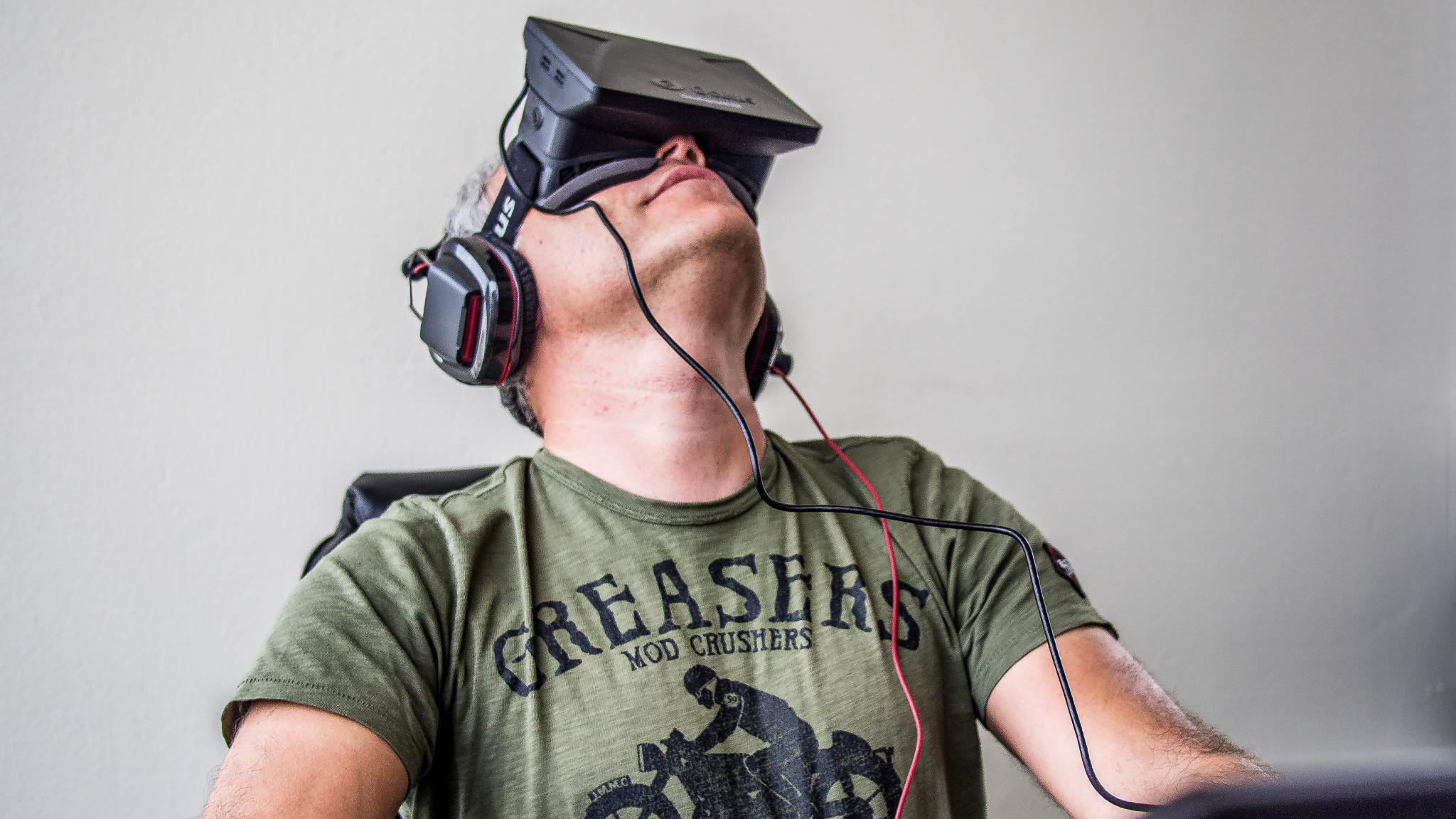
Security is priority #1
Target, Apple's iCloud, Sony, Sony and Sony again. 2014 was a year of hacks and epic data leaks. The consquences have been far reaching. No longer is it just the CIO and CTO's ass on the line but CEO butts and necks are at risk too. Convenience is going to take a back seat. Look out for two factor authentication being a requirement on the consumer side and more onerous data protection procedures and protocols in the corporate world. No executive worth his salt will ignore the lesson of what happened to Target's previous CEO. Data breaches are not just egg on your face they burn holes in your pocket and can threaten the very existence of your business. Anybody who neglects this is likely to pay dearly from now onwards.
In addition, encryption will make its mainstream debut. Edward Snowden's revelations about the scope of the NSA's ability and the sheer scale of its spying activities have made this a necessity not a luxury in the modern era. HTTPS will be the de facto on the web. More people will make the effort to use services that provide stronger protections from eavesdroppers. You can expect to hear more about Perfect Forward Secrecy (PFS) being deployed on the backend.
Computers manipulate the real world
From Revenge Porn to North Korea terrorizing Sony and attacking nuclear power plants. Nothing is restricted to the confines of cyberspace anymore. In fact, there is no cyberspace. We live in a world where there is an internet of things. What happens over the network and travels on the internet can affect your reputation, your job and on the rare occasion your life.
The Cloud and Big Data becomes boring
We are connected and all generating data. Huge chunks of it at that. However, guess what? It is no longer a problem. Big data will be manageable and the Microsofts and Oracles of the world are already packaging it up into features and bits that regular corporations can digest. An extra plus is that the storage will continue to be cheap and available enough to store even larger and larger blocks of meta data. Even so, there will be no deluge. It will no longer just be the Googles and US government agencies with the capabilities to themselves. Knowledge will diffuse and all will benefit from the results of analytics on large data sets.
As for the cloud? Tisk. What's that you say? Hasn't that been around from 1992 when Email was actually new? C'mon people, we have been using Virtual Private Servers and renting shared services and hosting applications on multi tenant systems for decades now.
Wearables don't take off but smart/conscious homes and devices do
Aside from fitness tracker bracelets no wearable device was really successful in 2014. Google Glass and the like were surely impressive and there were some interesting watches released. However, the killer application for glasses remains correcting visual impairments. All other useful applications developed on such devices have so far been limited to people in speciality fields with very specific needs. Watches are also great but they don't beat the smartphone.
Finally, I don't expect any revolutions in battery technology to be realizable in the upcoming year. Go ahead and google "battery breakthrough" to see what I mean. This last point makes most wearables impractical because there is no overcoming the need for power limitation. Therefore, the ultimate wearable will remain the phone.
On the otherhand, the potential to improve our lives by enhancing the existing dumb tools is immediate and highly practical. All that is needed is to get these devices connected so that we can utilize the data they already generate in more meaningful ways. Adding a little intelligence will go a long way. My bet is on emulating nest. Thermometers, Thermostats and Fire Alarms over smartwatches for my money.
Natural interfaces move beyond the smartphone
Siri, Now and Cortana are only the beginning. Touch is now a first class interface but it was not too long ago that companies professed that keyboards were still the best input devices.
If we are to have a real internet of things then we will have to remove even more interfaces and make them transparent to the user. We won't put screens on everything instead the next step is to remove the screen all together. Look at what these guys are doing or watch here or go here for example. Do you see a screen anywhere? No.
 Nneko Branche.
Nneko Branche.